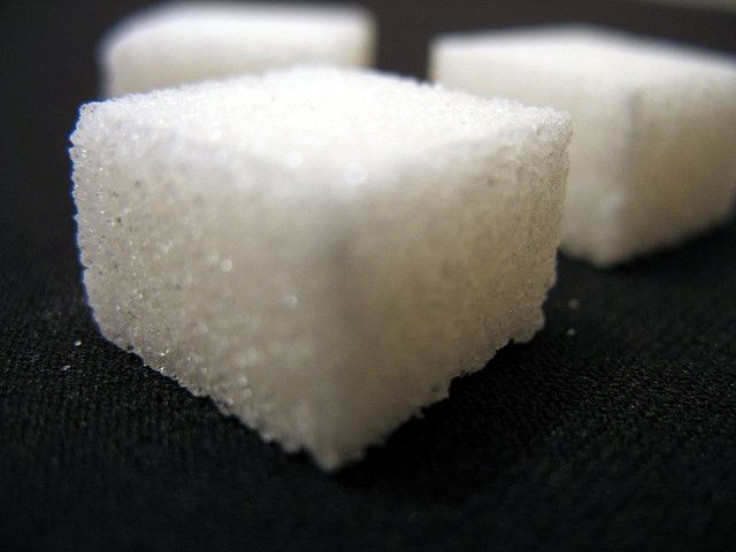Artificial Sweeteners May Fool Your Taste Buds, But They Don't Trick Your Brain; Could Explain Rise In Obesity

Substituting low-calorie drinks and artificial sweeteners for actual sugar, especially when we're hungry or tired, may not be the most effective solution for weight loss. Researchers from the Yale University School of Medicine have identified signaling that prevents our brain from getting tricked by “energyless” sweet flavor and that causes us to consume more calories throughout the day.
Although they contain zero calories, artificial sweeteners also lack natural substances, such as herbs and actual sugar. The U.S. Food and Drug Administration has regulated the amount of artificial sweetener recommended for each day, also referred to as the acceptable daily intake (ADI).
“The consumption of high-calorie beverages is a major contributor to weight gain and obesity, even after the introduction of artificial sweeteners to the market. We believe that the discovery is important because it shows how physiological states may impact on our choices between sugars and sweeteners,” said lead researcher Ivan de Araujo, a professor at Yale University.
“Specifically, it implies that humans frequently ingesting low-calorie sweet products in a state of hunger or exhaustion may be more likely to ‘relapse’ and choose high calorie alternatives in the future.”
Araujo and his colleagues from the university used behavioral testing and brain scanning on mice to test how the brain differentiates sugar from artificial sweetener. Findings show that the brain signal used to regulate dopamine, a neurotransmitter involved with the brain’s reward center, will only arise when sugar is broken down.
The research team suggests a combination of artificial sweeteners with low doses of sugar so that our energy metabolism stays at a “happy medium” and so that we don’t consume too many calories. The researchers are confident this process is the same in humans as it is in mice.
“According to the data, when we apply substances that interfere with a critical step of the ‘sugar-to-energy pathway’, the interest of the animals in consuming artificial sweetener decreases significantly, along with important reductions in brain dopamine levels,” explained Araujo.
“This is verified by the fact that when hungry mice – who thus have low sugar levels – are given a choice between artificial sweeteners and sugars, they are more likely to completely switch their preferences towards sugars even if the artificial sweetener is much sweeter than the sugar solution.”
In an attempt to dissuade consumers from giving into the health concerns surrounding artificial sweeteners, Coca-Cola recently launched a print ad titled “Quality Products You Can Always Feel Good About.” The advertisement assures Coke drinkers that sugar substitutes are both safe and beneficial.
Source: Tellez L, Ren X, Han W, et al. Glucose utilization rates regulate intake levels of artificial sweeteners. The Journal of Physiology. 2013.



























